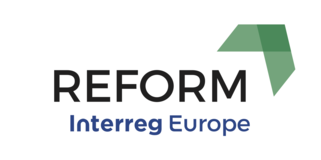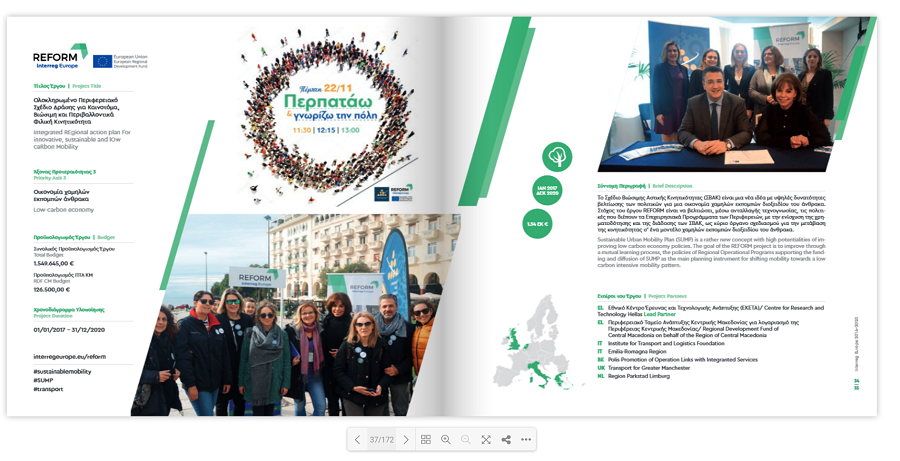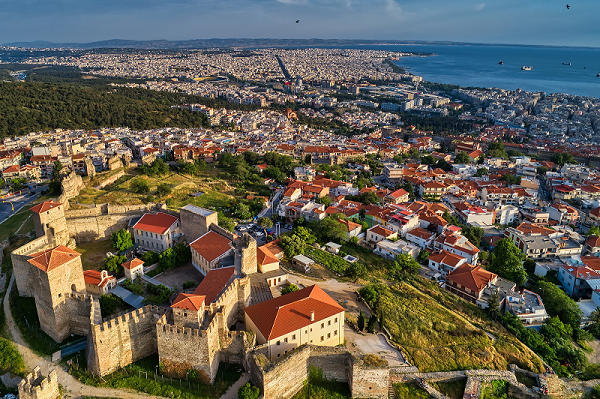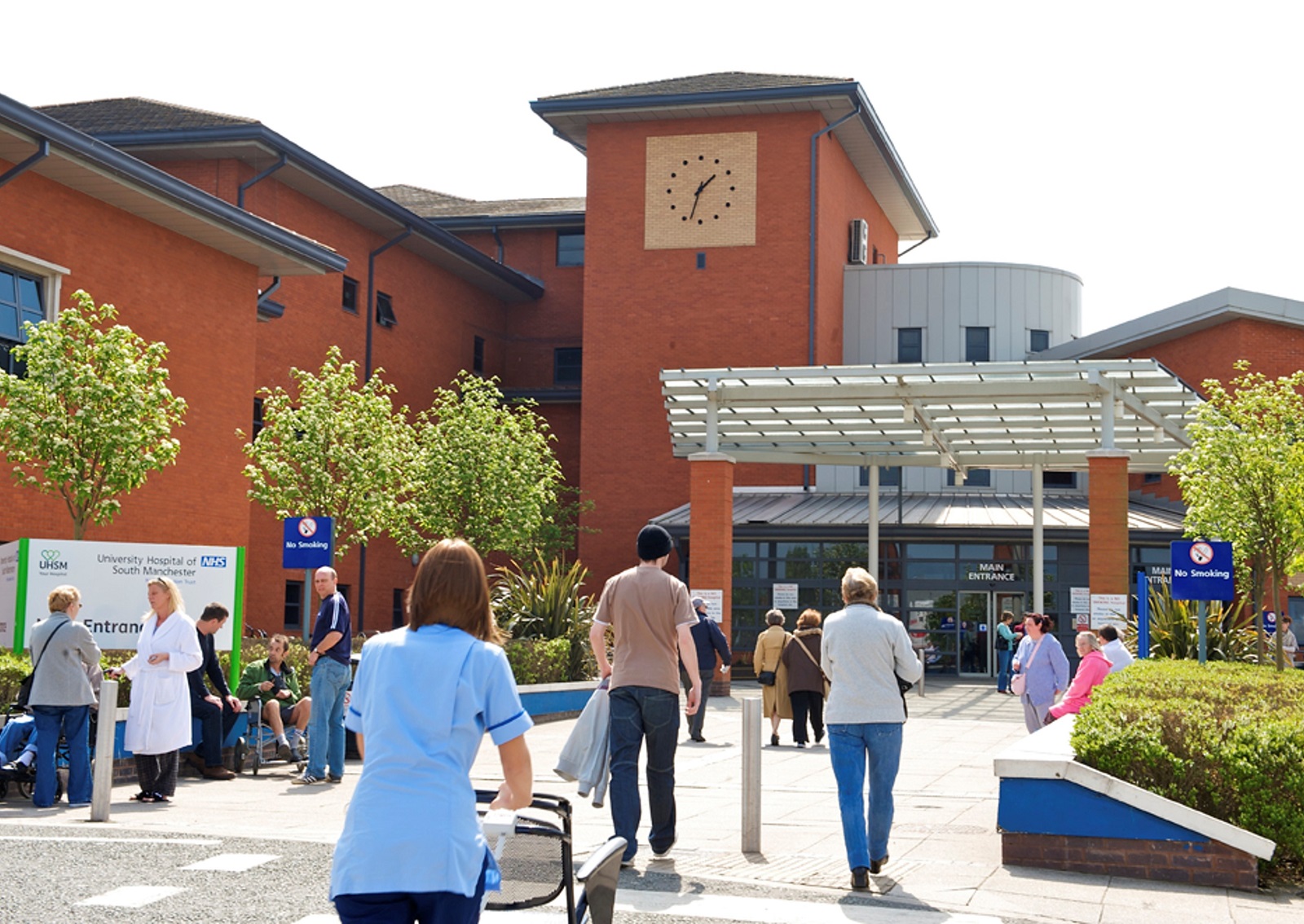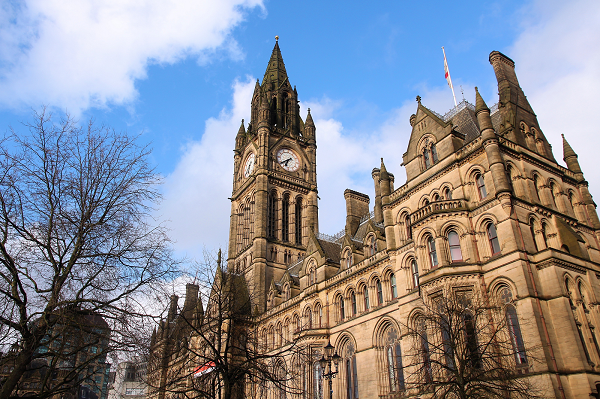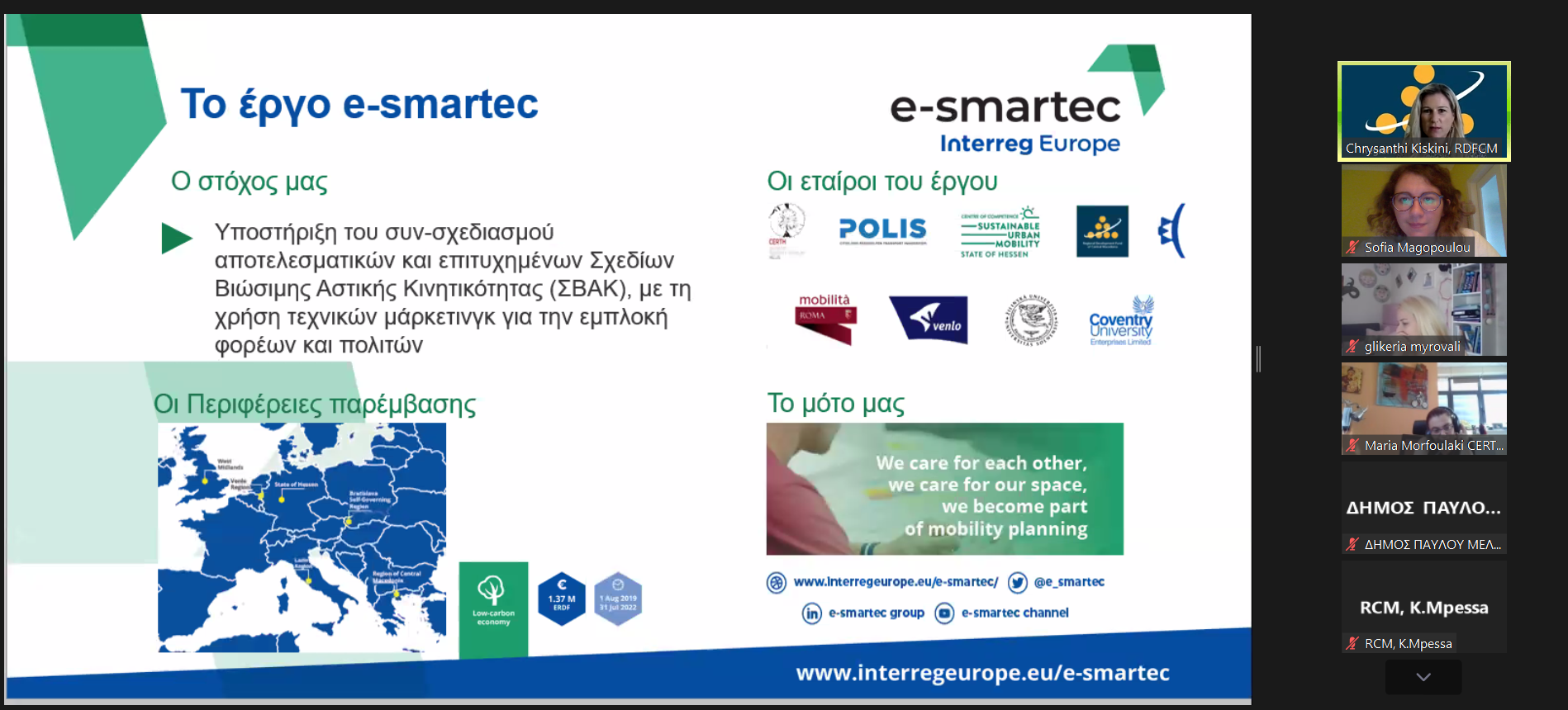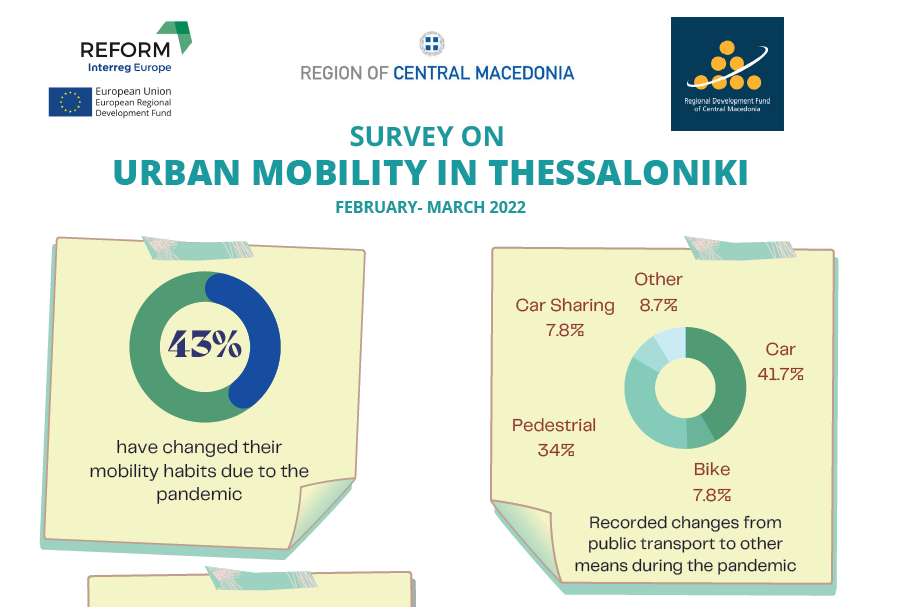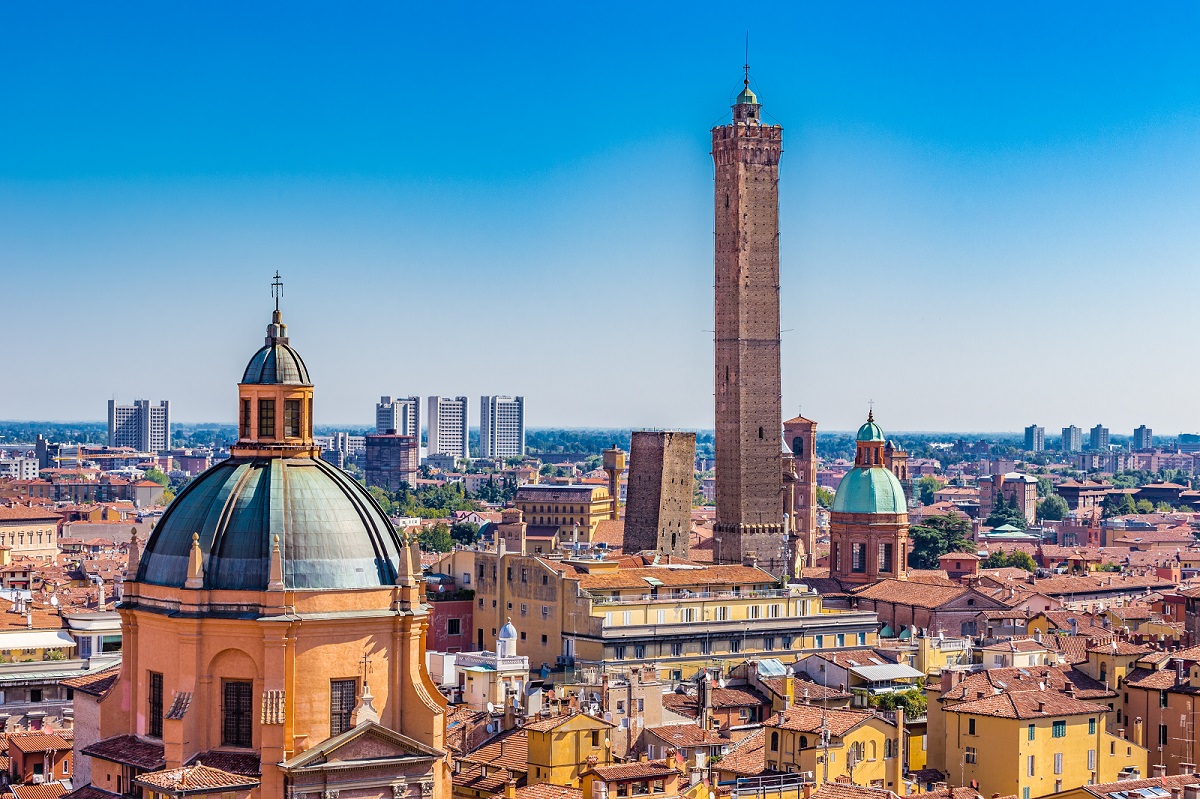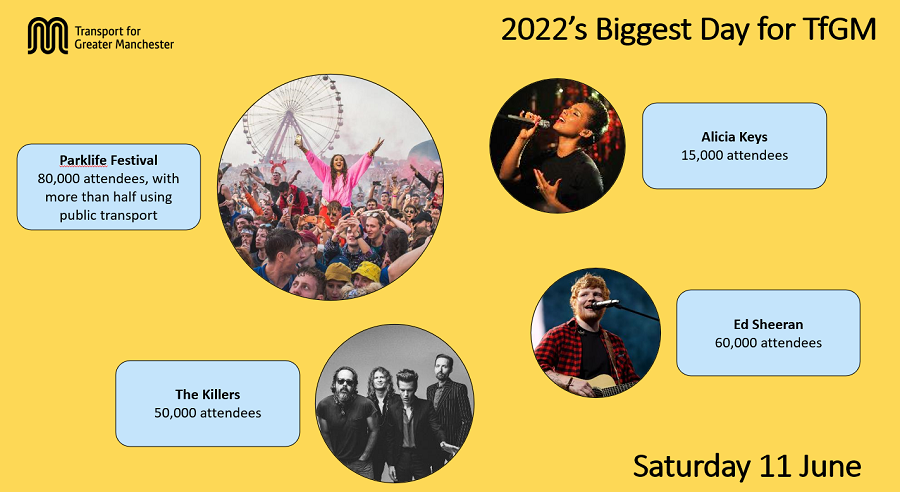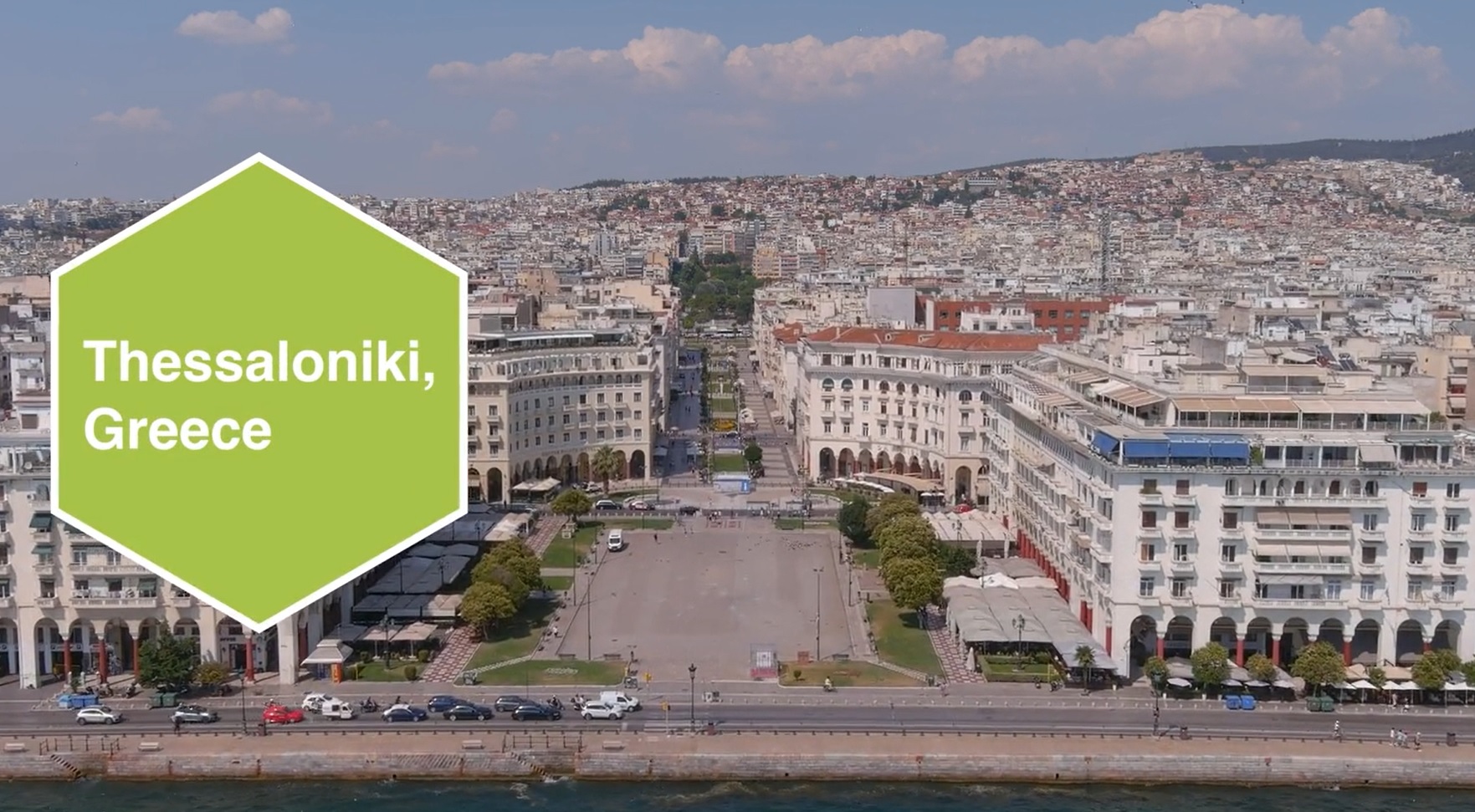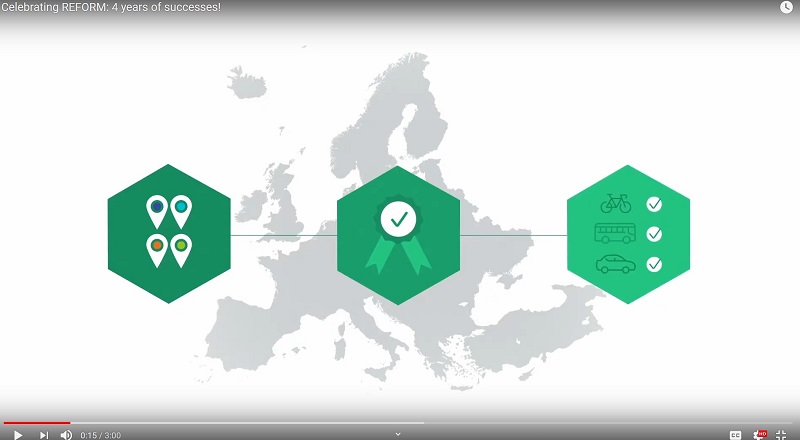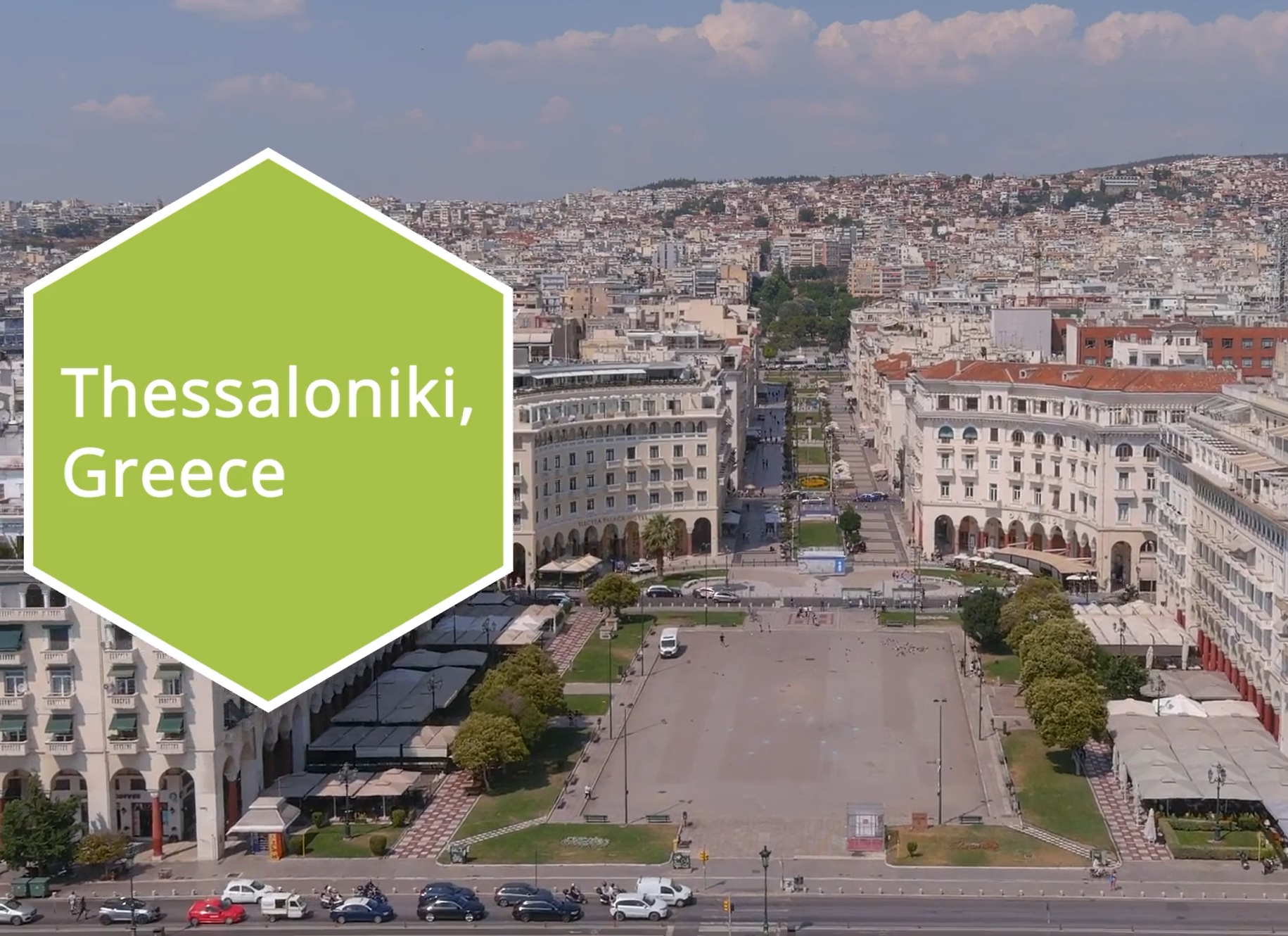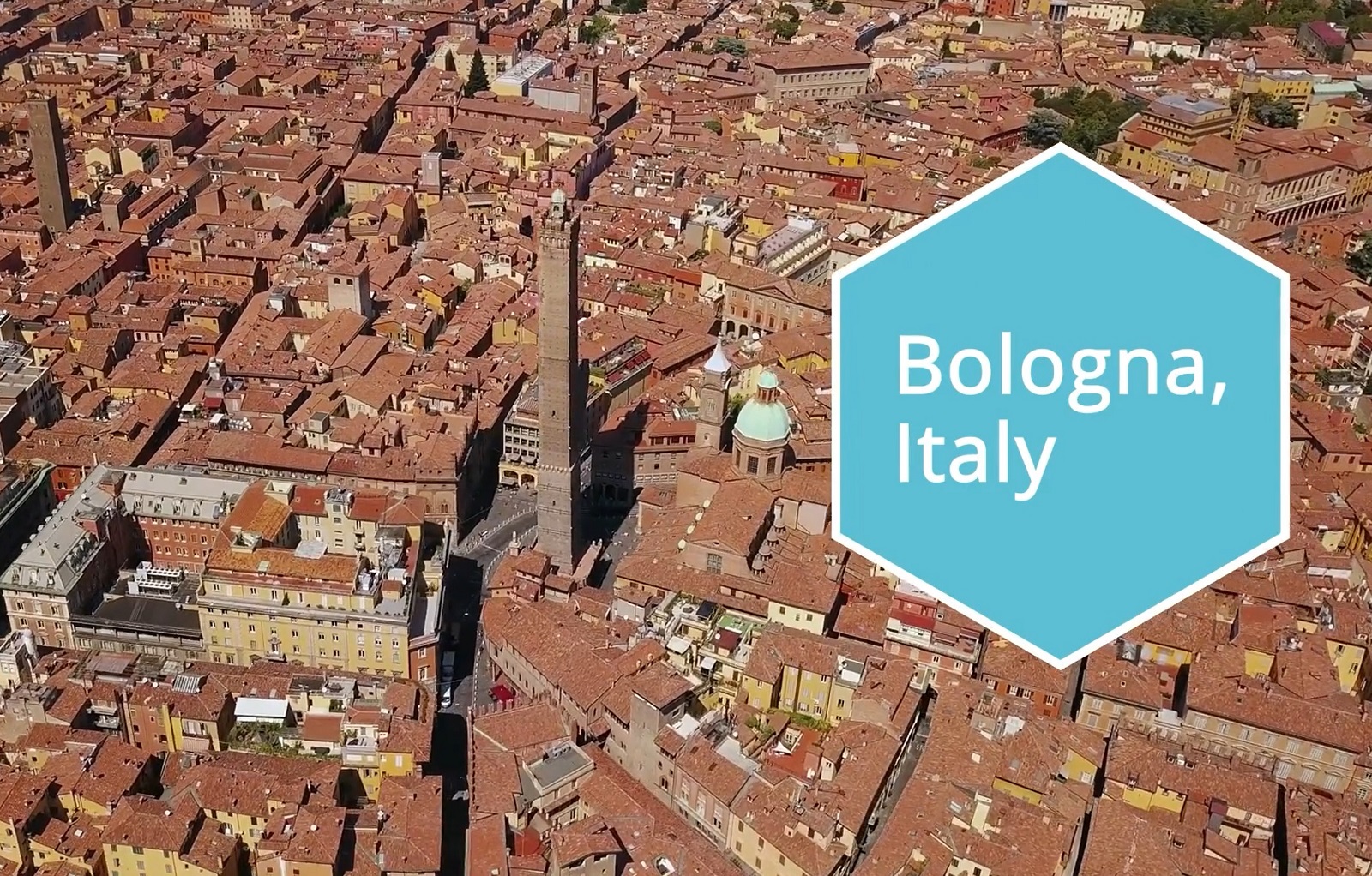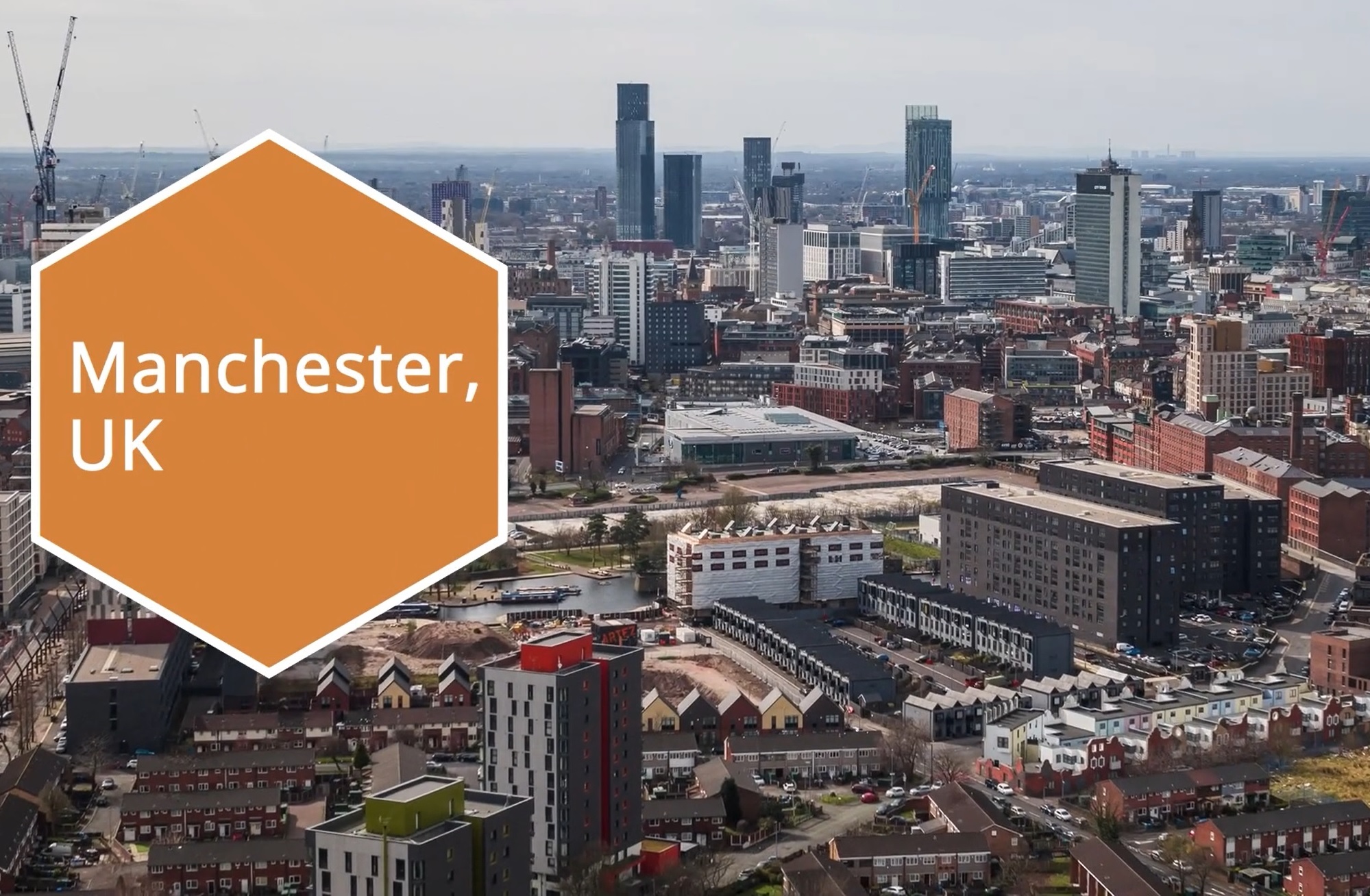This article is part of a series of best practices from the regions of Greater Manchester, Emilia Romagna and Central Macedonia, that showcase solutions to promote public transport, urban development and post-pandemic sustainable urban mobility and highlights the achievements and ingenuity of the stakeholders and administrations of these three regions. The aim of these updates is to inspire local practitioners to facilitate the post-COVID-19 recovery.
Thanks to more than 2300 sunshine hours per year and its Mediterranean climate, Thessaloniki is the perfect place to promote active mobility, outdoor leisure activities and tourism. Two best practices were selected to highlight local and regional efforts to these activities in post-pandemic times.
SUSTOURISMO : a tool to counterbalance overtourism
Besides being the second-largest city of Greece and an essential economic hub in the Hellenic Republic, Thessaloniki is also attracting hundreds of thousands of tourists every year. During pre-pandemic times, the number of international passengers arriving at Thessaloniki airport was around 2.5 million. In 2019 alone, more than 40.000 tourists visited the local tourist office. Therefore, one can confidently say that tourism is an important motor of the local economy. Thus, new ideas were necessary how to boost tourism in post-COVID-19 pandemic times, while support sustainable and active mobility of tourists.
The SUSTOURISMO project, which is funded under the ‘Adriatic-Ionian Interreg Program 2014 -2020’, aims to reduce the impact of tourism on the environment of the Adriatic Region, while increasing the modal share of sustainable transport and active mobility. Thus, SUSTOURISMO fosters public transport and lower-carbon mobility concepts, such as car sharing & -pooling, as well as electro-mobility.
This aim will be achieved by the creation of touristic packages that meet the mobility requirements of tourists. These packages are accessible and bookable via a smartphone app. Concerning Thessaloniki, the SUSTOURISMO app facilitates visitors to get in touch with the city and:
- travel to major landmarks and points of interest using active modes of transport
- make proposals for the provided services to feel safe during their travel
- book touristic packages and discover the historical and culinary aspects of Thessaloniki through walking and cycling tours.
The packages and tours were implemented thanks to the cooperation between several authorities, hotels, tour guides, bike-sharing facilities, and Thessaloniki’s Tourism Organization.
Luckily, the SUSTOURISMO pilot activities are easily transferable to other regions presenting similar characteristics, as many regions show new needs arising from the Covid-19 restrictions in terms of mobility. The SUSTOURISMO app and its functionalities have been developed in a simple app architecture that facilitates adaptability. These functionalities include, inter alia, tourism and mobility information provision, interactive learning environment for sustainable tourism-mobility awareness raising and information about touristic packages.
Transformation of the ‘Kodra’ military camp: From soldiers to sunbathing
The former ‘Kodra’ military camp, which is located at the seaside of Thessaloniki as part of the Municipality of Kalamaria, was opened for public use during the COVID-19 pandemic. The barracks with a size of two square kilometers is no longer used by the Greek army and thus transformed into a public place. This was sorely needed during the high times of COVID-19 restrictions, as citizens could not use the leisure areas in Thessaloniki, such as suburban seafronts, forests, or playgrounds for children.
The opening of the formerly restricted area was supported by the local inhabitants since the beginning and quickly grew into an important location for sports and leisure in the second largest Greek city. All administrative costs were covered by the Municipality of Kalamaria. Even though several bureaucratic hurdles needed to be overcome by the authorities, the overall outcome is very successful. This was also partly achieved due to immediate licensing and implementation procedures because of COVID-19. Considering that such activities are quite time-consuming under normal circumstances, since different departments are engaged, the solutions found for ‘Kodra’ were a great success.
